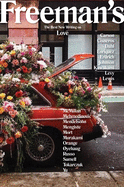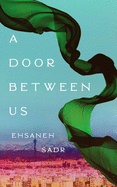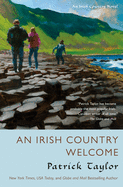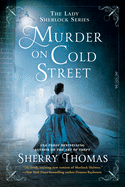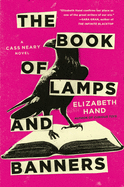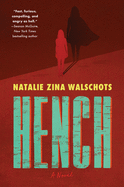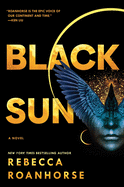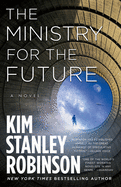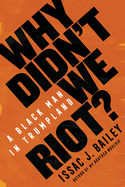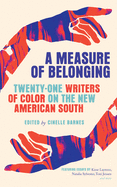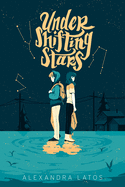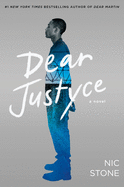 Pete Beatty is a Cleveland-area native. He has taught writing at Kent State University and the University of Alabama, and has worked for the University of Chicago Press, Bloomsbury, Open Road Media, Belt Publishing and other places, including a driving range behind a Dairy Queen and a liquor store in Chicago. He currently works at the University of Alabama Press and lives with his wife in Tuscaloosa, Ala. Cuyahoga, just published by Scribner, is his first novel.
Pete Beatty is a Cleveland-area native. He has taught writing at Kent State University and the University of Alabama, and has worked for the University of Chicago Press, Bloomsbury, Open Road Media, Belt Publishing and other places, including a driving range behind a Dairy Queen and a liquor store in Chicago. He currently works at the University of Alabama Press and lives with his wife in Tuscaloosa, Ala. Cuyahoga, just published by Scribner, is his first novel.
To what extent is this novel based on the true history of Ohio City and Cleveland?
For a novel that prominently features magical powers, it does have a pretty firm root in history. There is an Ohio City. It's a neighborhood in Cleveland, and it was an independent city that rivaled with Cleveland. There was a bridge built between the cities, and they got in a nonsensical fight over where to put it and how many bridges to build. I've read all the newspapers I could get my hands on from the 1830s, and it doesn't seem like it made any more sense then than it does now. There remains a rivalry in Cleveland between the east and the west side. It has elements of ethnicity, race, class and just plain old-fashioned... the narcissism of small differences. We're 99.9% the same people, but we're not exactly the same, so we're going to hate each other because we're next to each other.
The actual bridge war was a brawl on the bridge in the fall of 1837. I think one person got knocked down, and a cow was killed by an errant gunshot, and then the sheriff showed up and busted the fight up.
I was a history major, and prior to writing this novel almost everything I'd written was nonfiction. I was thinking the other day whether it's fair to describe my book as a historical novel. It's almost more history-adjacent, because of the fantastic elements. But that's not to say that it doesn't have real elements of history in it. In this moment, in 1837, people in northeastern Ohio--what was then the frontier--were dealing with a shift in identity from being frontierspeople to townspeople. There was a national economic crisis, and the region had its own economic crisis of there not being any money. The plot element of the hero not being able to get money for the heroic feats that he does--I sort of sublimated the Panic of 1837 into speculative fiction.
How did your background in editing and publishing help you write this novel--if it did?
The original version of this novel had no punctuation of any kind. Literally zero. No periods, no quotation marks, no apostrophes, nothing. It was almost written in verse; the lineation was a lot more distinct. Part of the motor of the book is that it runs at this constant mumbly speed--it was written in such a way as to be unpunctuated. I don't recommend this--don't write an entire book without punctuation just to see what happens.
As I was writing it, the version with no punctuation, I imagined it with an indie publisher or a university press or something. It was weirder. It had a lot of sharper edges. My editor brain did kick back in and I made it more accessible. I didn't take out any of the themes. It just became a little less gnarly. There was a lot more barf and historically appropriate insensitivity that was taken out when I wanted to get into PG-13 as opposed to R.
Who came to you first, Big or Meed?
I was sitting in the Phoenix Coffee Shop in 2015 when the voice of Meed talking about his brother came into my head. At first I thought it was just a short story. I have this other novel I've been playing with forever, but this book just kind of took over. Meed has a very insistent voice. I'm always a little wary of writers talking about how their characters showed them the way, but now I know why people say that. It's not entirely made up. Sometimes you latch onto something and it just goes.
That coffee shop is in Ohio City on Bridge Avenue, and it eventually becomes that same bridge.
Who's your favorite character in this story?
Dog. I mean, he's completely irredeemable. In earlier drafts of the book he was much more of a villain. He had an animosity toward any kind of change, any kind of better future. That ended up getting grafted into Meed. I realized that I was drawn to writing the story of how the things that have a potential for being destructive or vindictive or evil can happen inside a character, with the right sort of framing. Initially Dog was this scary villain, and he became much more a sort of sad angry grandpa who's blowing stuff up because he wants the world to stop.
Stop changing? Or just stop?
I think he wants it to stop changing, but he isn't entirely honest with himself about whether he wants it to stop changing or just end completely. He reminds me a little of Falstaff from Shakespeare, and that surfaces pretty explicitly. He's the friend of the young central figure who's set in his ways, and very charming, and whispering ideas in the ear of Meed that almost make sense, even though they're not good ideas.
Meed's voice is such a fascinating hodgepodge. How did you create and keep track of such a guy?
Even now I don't know that I necessarily completely nailed the consistency of the character. And in a kind of backward way that makes me think I did succeed, because he feels human. He feels like somebody with a bundle of contradictions, who has a complicated relationship with his sibling, and I think we all have complicated relationships with our siblings. If we don't have them, those complicated relationships bubble up inside us, with our parents or our friends. He obviously is familiar with scripture, with Shakespeare, with the Greek classics, the Iliad, the Odyssey--but his familiarity is almost naïve. It's in his language and it's part of his voice, and he doesn't necessarily know his own resonances. But he can criticize himself: "I'm being really lazy comparing my brother to Jesus, or talking about Judas Escariot when I feel guilty."
Meed's voice, more than anything else I've ever written, was the product of equal parts inspiration and deliberate craft. I would be stuck for a while and then he'd just start talking. I'd be at the computer, like poking garbage with a stick, and then the Meed voice would tune in. It felt like a broadcast from my id or something. I listened to Johnny Cash reading the New Testament on audiobook, to get those cadences. I was single at the time, and my way of falling asleep was just to leave my phone with that audiobook playing in bed. I'd be listening to the Bible in the dark, and I'd fall asleep, and depending on whether I'd set the timer, I'd wake up and Johnny Cash would just be talking. So, somebody with a relatively thick Arkansas accent reading the Bible--that was sort of the metronome for the voice. --Julia Kastner
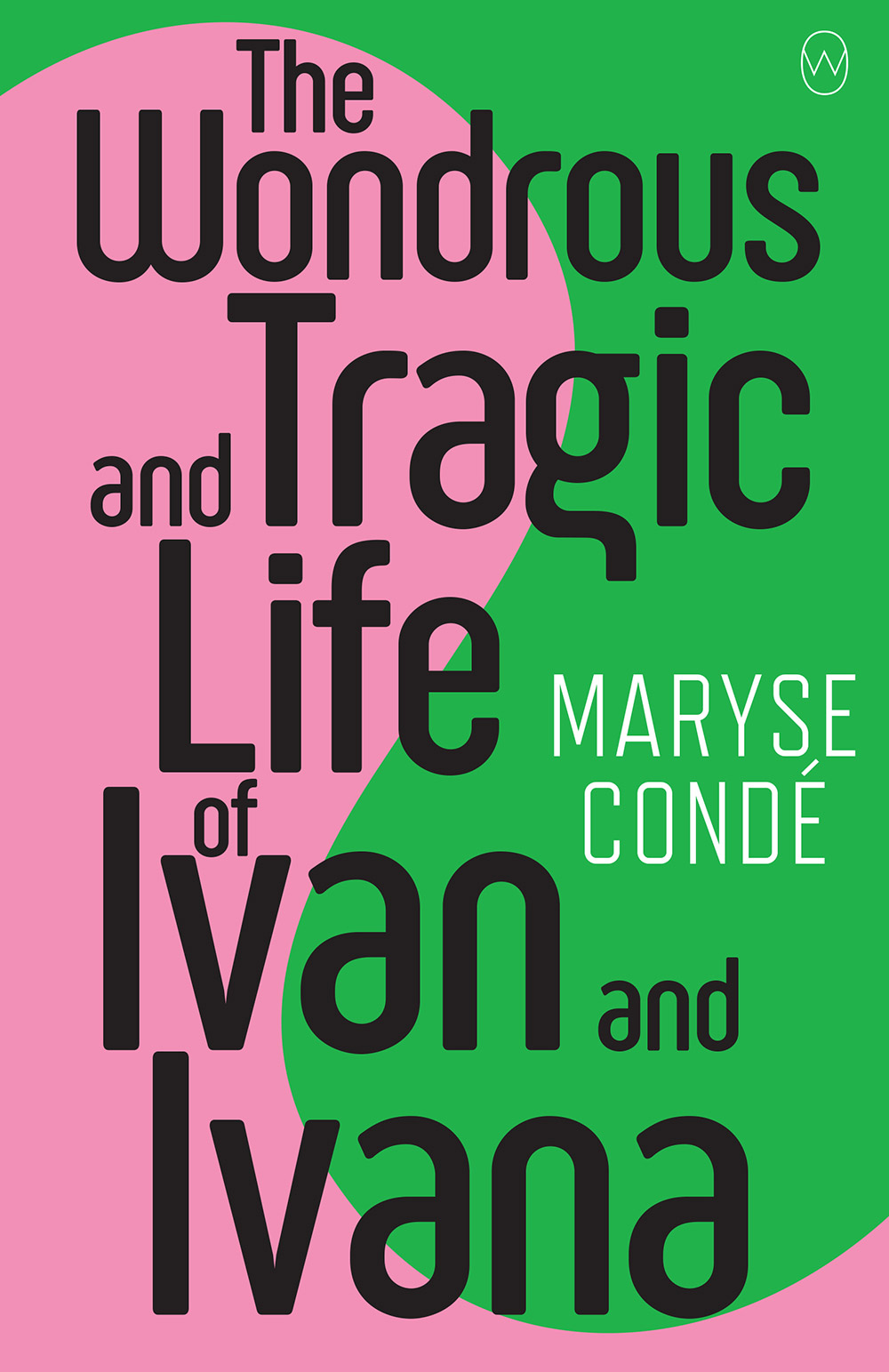
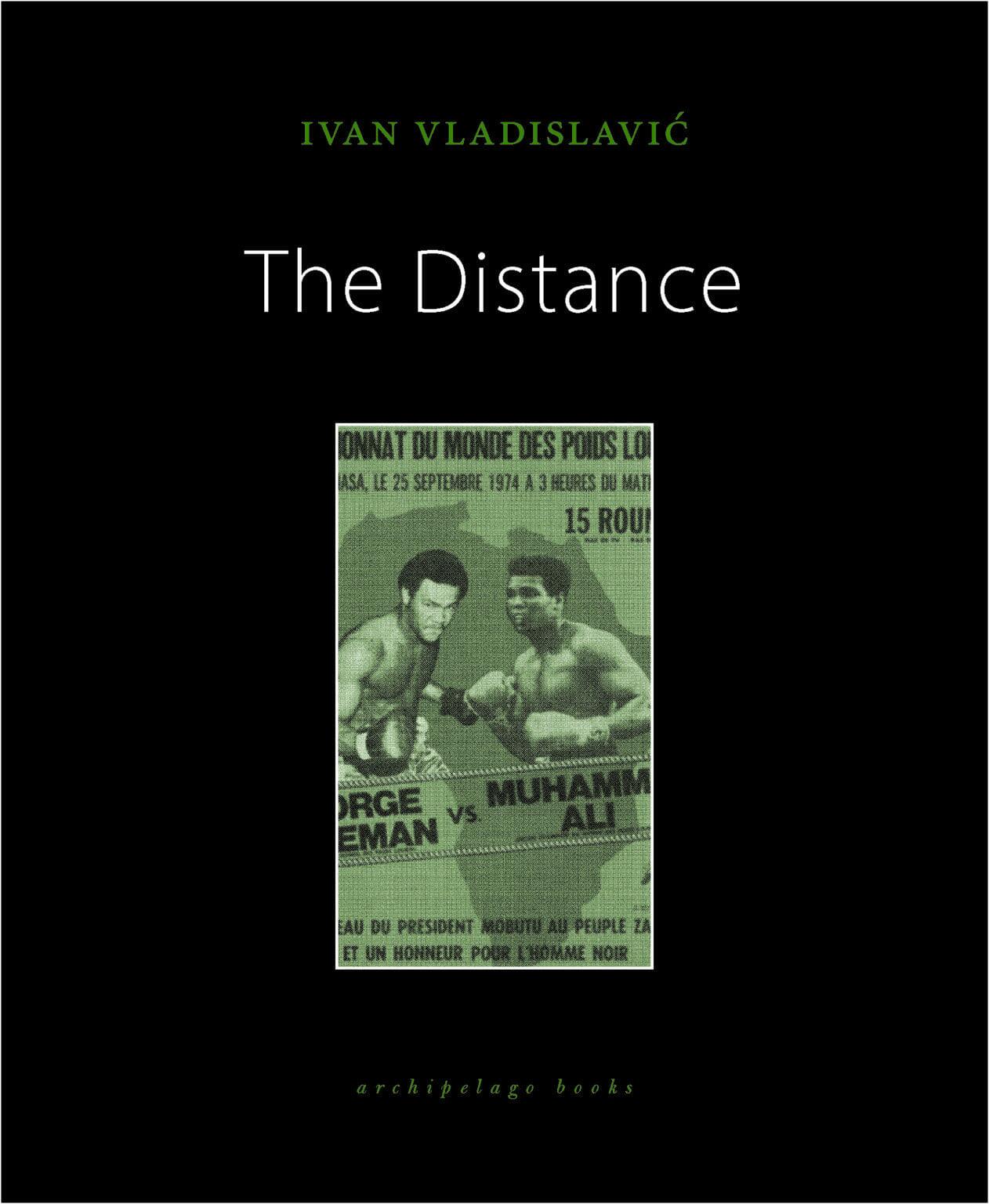
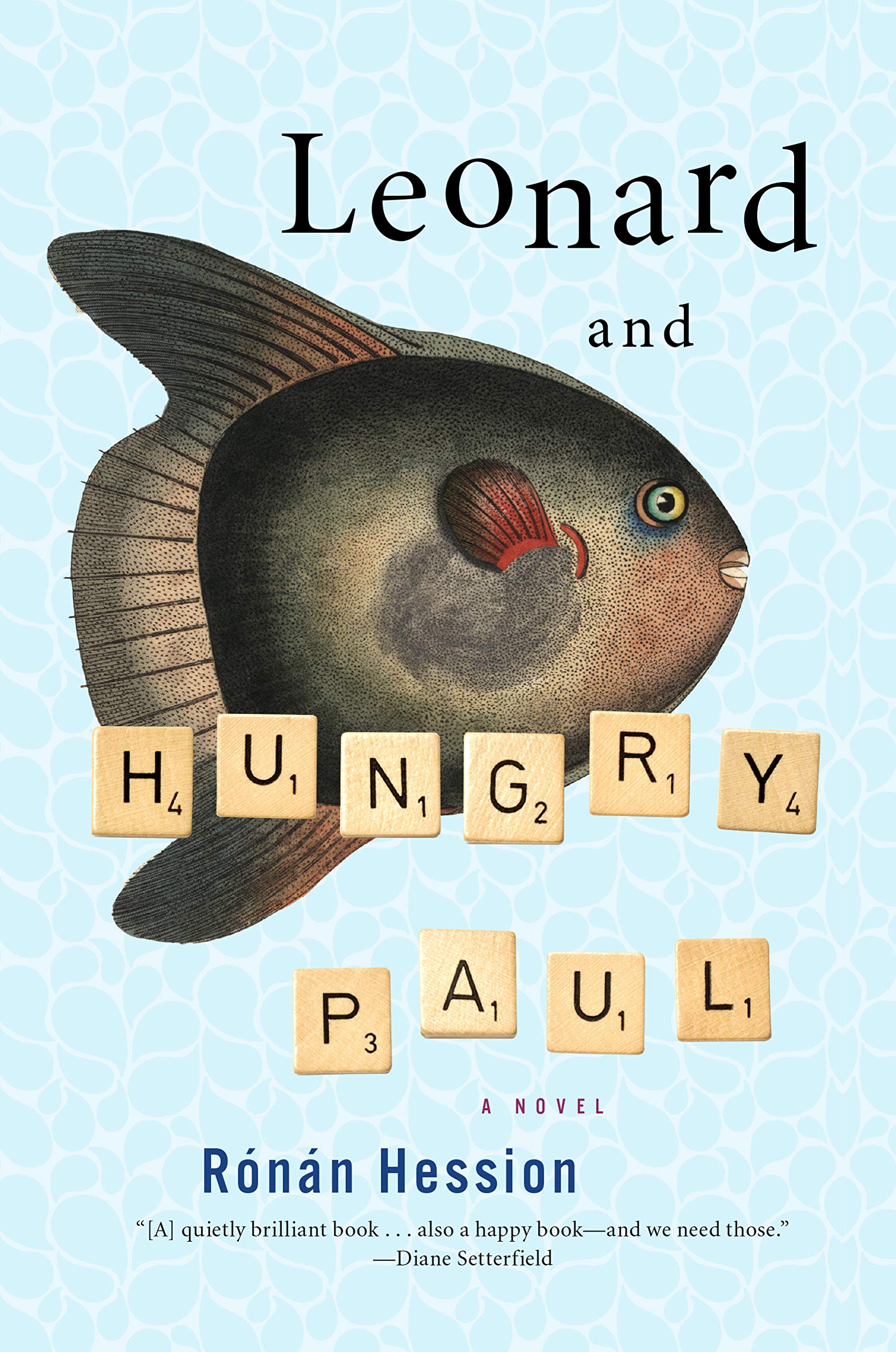
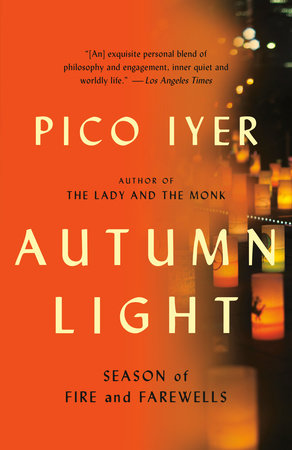 One of many intriguing threads woven through Pico Iyer's Autumn Light: Season of Fire and Farewells (Vintage) is the absence of Masahiro, the estranged brother of Iyer's wife Hiroko. When Masahiro cut ties with his family years before, "he might have been bringing the modern therapeutic way of settling accounts to an old society that thrives by stepping around conflict and allowing the seasons to sort everything out."
One of many intriguing threads woven through Pico Iyer's Autumn Light: Season of Fire and Farewells (Vintage) is the absence of Masahiro, the estranged brother of Iyer's wife Hiroko. When Masahiro cut ties with his family years before, "he might have been bringing the modern therapeutic way of settling accounts to an old society that thrives by stepping around conflict and allowing the seasons to sort everything out."


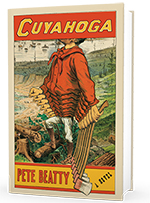


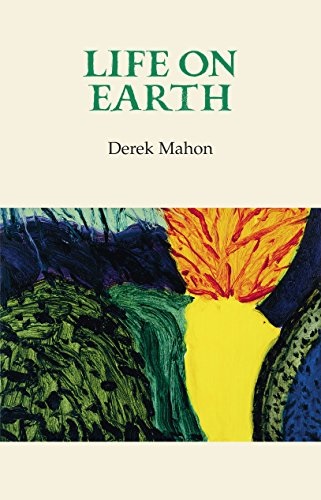 Derek Mahon, the Belfast-born poet "who became an immense figure in Irish poetry" with poems such as "
Derek Mahon, the Belfast-born poet "who became an immense figure in Irish poetry" with poems such as "